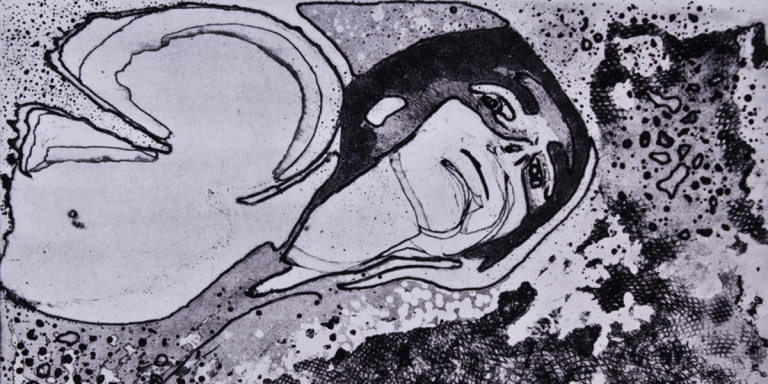
-
Feeling the Rainbow: LGBT Rights and Reforms
Read more: Feeling the Rainbow: LGBT Rights and Reformsby Senthorun Raj Do I feel proud? This was a question I reflected on recently while gathered with several sweaty […]


by Senthorun Raj Do I feel proud? This was a question I reflected on recently while gathered with several sweaty […]

Reading Marx’s 'Capital' with Deleuze and Guattari

by Valérie Hayaert Animated by signs that are in essence mutable, Justitia (Lady Justice) may be perceived as an allegory in motion. Scholars who pretend to master the intricacies of this “science of images” (iconology) forget an important fact: allegories…

by Theodore Scaltsas We are all accustomed to thinking of wellbeing in Aristotelian terms, assuming the agent’s choice (proairesis) for the preferences and actions that constitute their wellbeing. The agent chooses what is good for them and performs the relevant…

How can reading Spinoza help us to understand Marx's concept of alienation under capitalism?

I want to talk about how all of us can decolonise human rights in our everyday lives, in constructive and imaginative ways

Patrick ffrench and Timothy Mathews discuss the special issue of CounterText they've recently edited.

The phrase "phenomenology of regular spirit” rolled off the tongue easily, quickly, and thoughtlessly. How else would one distinguish between two books with such similar titles? Hegel’s Phenomenology of Spirit, that text that needs no introduction and our text, Phenomenology of Black Spirit. But in the invisible regularity of calling Hegel’s text “regular,” we were reminded of how irregular Blackness and Black people are and have been.

We were delighted to host a fascinating online conversation with Vanessa Lemm about her book, Homo Natura: Nietzsche, Philosophical Anthropology and Biopolitics. The book expertly highlights the relevance of Nietzsche’s thinking about human nature for contemporary debates in biopolitics and posthumanism.…

We were delighted to host philosopher Etienne Balibar in a fascinating online conversation about his book, Spinoza: The Transindividual. Published in our Incitements series, it is one of the most important books published on Spinoza in the last 30 years.…